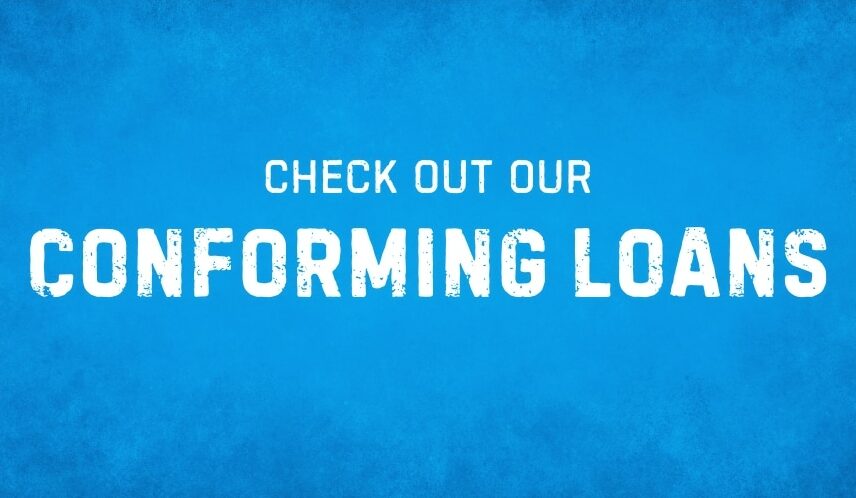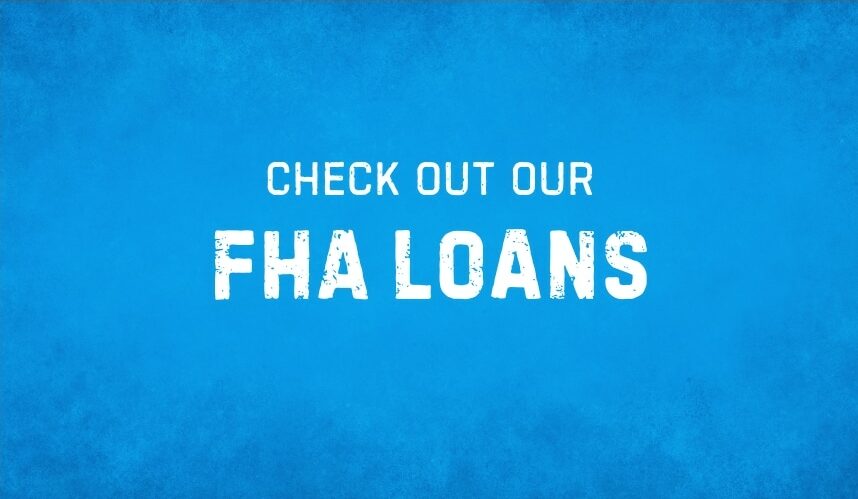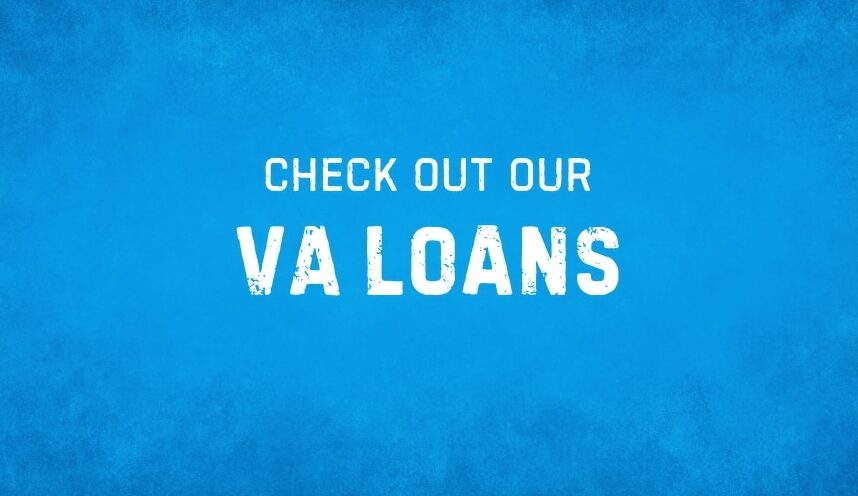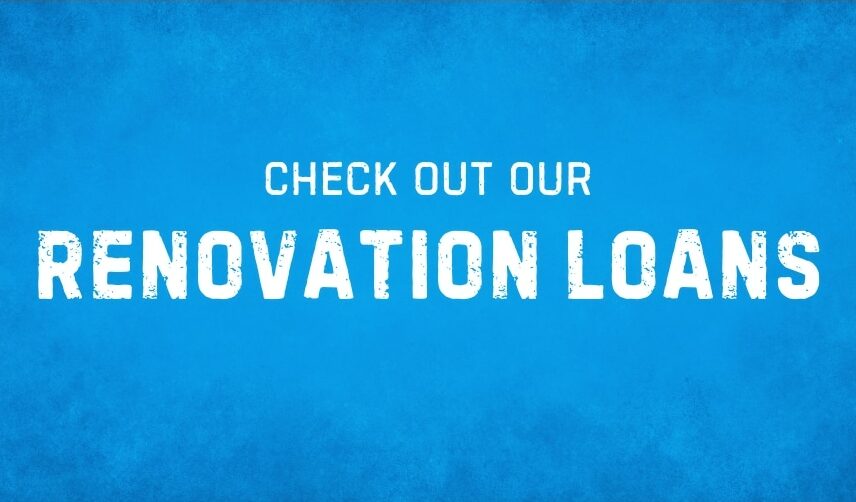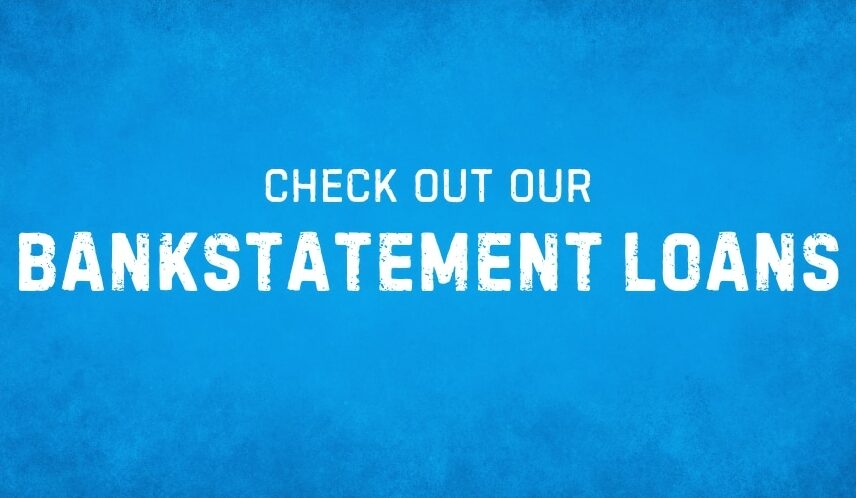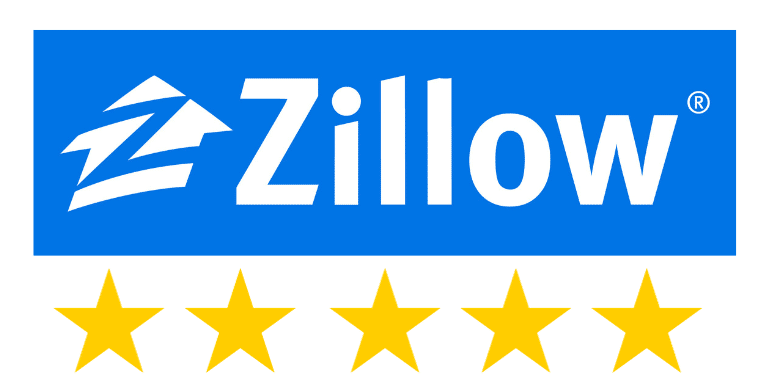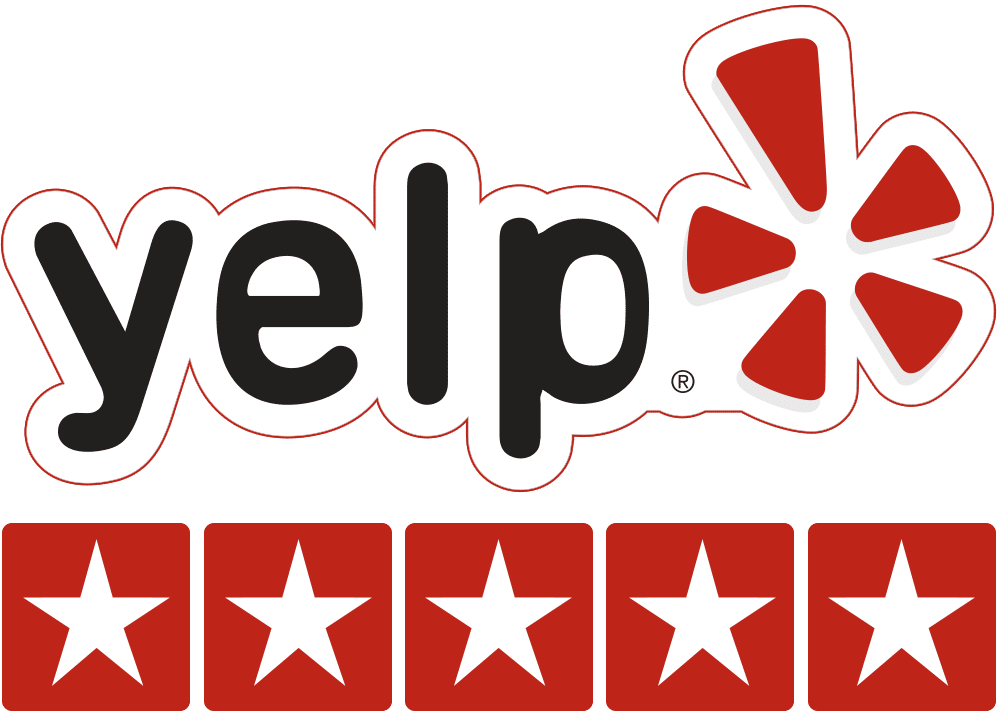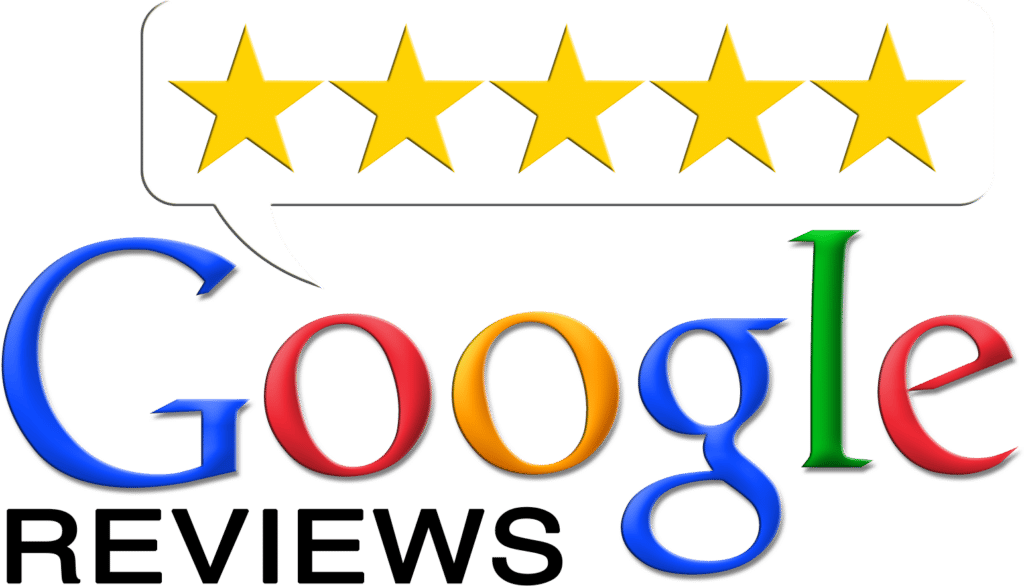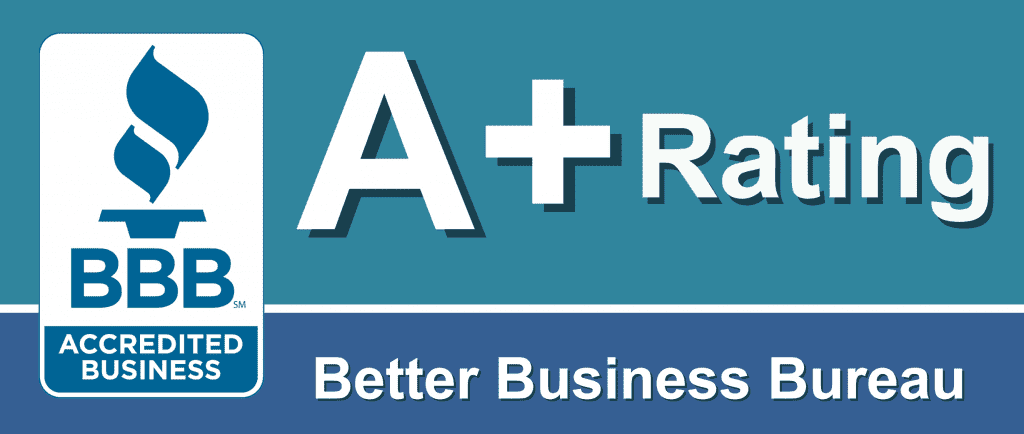
How Much Does It Cost To Refinance A Mortgage In California?
The cost to refinance a mortgage in California will vary from application to application, but generally speaking, you should anticipate paying $2,800 to $4,800, depending on the size of the loan and the loan program.
This is based on my 17+ years of experience as a loan officer in the state of California. The cost to refinance a mortgage listed above does not include lender credits, which would lower the amount, nor does it include discount points or origination fees (which would raise the amount).
With some knowledge and preparation, you can potentially lower your cost to refinance a mortgage on your primary residence, secondary residence, or rental property. There is no secret insight about lowering the cost to refinance a mortgage; just an understanding of how the refinance process works and being prepared is all you need.
The cost to refinance a mortgage breakdown
Here is the refinance cost breakdown for a mortgage transaction. Please note this is just an example, and the cost to refinance a mortgage specific to your transaction might differ.
- Lender Fees: $1100.00
- Tax Service: $80.00
- Flood report: $10.00
- Credit Report: $75.00
- Appraisal: $575.00
- Escrow: $550.00
- Title Insurance: $500.00
- Notary $150.00
- Recording Fees: $350.00
Total = $3,390.00
The cost to refinance a mortgage may include additional credits or amounts not listed above (i.e., lender credits, discount points, or loan origination fees). Also, some refinance transactions don’t need an appraisal, or sometimes the lender refunds the appraisal fee.
Do You have a question or need a quote?
Contact KevinLow rates, fast closings, and exceptional service.
How to lower the cost to refinance a mortgage
The cost to refinance a mortgage will vary from one loan applicant to the next. However, there are some universal ways to lower the cost of refinancing a mortgage that all homeowners can utilize.
Recognizing junk fees, learning to focus on the total cost of the loan, and understanding the difference between a Loan Estimate and a Closing Disclosure are tools you can use to help lower your cost to refinance a mortgage.
Recognize closing cost junk fees
To help you lower the cost of refinancing a mortgage, you should clearly understand the difference between junk and legitimate fees.
Junk Fees
- Lender Application fees
- Lender Funding fees
- Lender Rush fees
- *Lender generic Processing fees – there is an asterisk because some lenders charge a legitimate processing fee rather than an underwriting fee.
Junk fees unnecessarily push up the cost to refinance a mortgage.
Legitimate Fees
- Underwriting (or Administration) fee that’s less than $1,200
- Tax Service and Flood Certificate
- Credit Report fee (ask to see the invoice)
- Appraisal fee (if one is needed)
- Title, Escrow, and Recording fees
- FHA Funding fee (if you are doing an FHA loan)
While legitimate fees can push up the cost to refinance a mortgage, they are not unnecessary. Understanding the difference between junk and legitimate fees is important to the overall refinance process.
Focus on the total cost
Far too often, when loan applicants try to lower the cost to refinance a mortgage they have, they focus on the label of a specific cost rather than the total cost to refinance.
It’s important not to get hung up on just lender fees or just points because this is exactly what the loan officer wants you to do – focus on one area so that they can charge more in other areas.
Sometimes a potential client will say they were quoted a “no-point” loan with a low rate, and I ask them the following question;
What is the total cost of the loan, and are they charging any origination fees?
90% of the time, the answer is “I don’t know” because many people believe a no-point loan is a no-cost loan (it’s not), and loan officers know this. Second, many “no-point” loans have origination fees which is different from discount points.
There is a straightforward way to get to the bottom of what costs you are paying. Just ask this question;
What is the total cost of the loan; for everything?
This is the number one question to ask your loan officer if you want to lower the cost to refinance a mortgage on your primary residence, secondary residence, or rental property.
By asking, “What is the total cost of the loan; for everything?” you’ll have a specific number so when you receive your Loan Estimate or Closing Disclosure, you can add up all these to see if they match.
Know the difference between disclosures
The cost to refinance your mortgage will be clearly laid out in two important disclosures.
- Loan Estimate and the Locked Loan Estimate
- Closing Disclosure
A Loan Estimate is an initial disclosure with your interest rate and a breakdown of your estimated costs and fees. A key area of the Loan Estimate is the top right corner of the first page. This is where you will confirm whether your rate is locked. If it’s not locked, you’ll receive a second Locked Loan Estimate once the loan rate is locked.
Now for those that lock upfront (at the time of application), you’ll only receive a Locked Loan Estimate and a Closing Disclosure. If you think your rate is locked, make sure you see the correct box checked in the top right corner of page one.
Now, if you followed my rule of asking what are the total costs for everything, you can now go through the Loan Estimate (or the Locked Loan Estimate) and add up all the costs to see exactly the amount you are paying.
Are Their Examples Of Legitimate Differences?
Absolutely!
Title, escrow, and recording fees might be listed a bit higher on the Loan Estimate than your initial quote, as they are usually listed as a worst-case scenario. And the difference is usually under $1,000.00.
For example, some title and escrow companies quote $450 – $650 for government recording fees; however, they can come in lower when the loan closes. That lower amount will be reflected on the final Settlement Statement post-closing.
The cost to refinance a mortgage can move higher or lower depending on the title, escrow, and recording costs associated with the transaction. If you have concerns about these costs, talk with your loan officer.
HOA Certification Fee
If you live in a Condo or Townhome, your HOA or property management company needs to complete an HOA Certification.
Usually, there is the HOA Certification Fee, and that estimated fee is listed in the Loan Estimate. It’s important to know that this is not a fee charged by the lender, so when you see it listed in the Loan Estimate, know that it most likely will change.
The cost to refinance a mortgage can be impacted if the HOA needs to make a correction to what’s listed in the Loan Estimate.
Closing Disclosure
The Closing Disclosure is an essential document. Once this document is issued, the costs listed can not increase. The Closing Disclosure is issued at least three days before you sign your loan documents, so you’ll have plenty of time to review the document before you sign loan documents.
The cost to refinance your mortgage will be clearly laid out in the Closing Disclosure. And what are the two most important things to review?
Your interest rate (make sure it’s accurate) and the total amount of fees being charged.
Never just call your lender for a quote
Never just call the mortgage company that currently handles your mortgage. The cost to refinance a mortgage is always higher if you only just call your current mortgage company.
And take it with a grain of salt if the loan officer claims it’s a much easier process since they already have your mortgage because it’s not. Refinance requirements are generally the same across most mortgage companies if you are doing a Conforming loan, an FHA loan, or a VA loan.
Call two to three mortgage companies with at least an “A” rating with the Better Business Bureau and talk with a loan officer with at least five years of experience. Ten years or more is even better.
This is the best way to lower your cost to refinance.
Do You have a question or need a quote?
Contact KevinLow rates, fast closings, and exceptional service.
Be prepared before you obtain quotes
Being prepared before you obtain your quotes will usually help lower the cost to refinance and save you lots of time. The first step to getting prepared is to gather your income documentation, a mortgage statement from your current lender, and your homeowner’s insurance declaration page (or, at a minimum, the contact information for your insurance agent).
Having your refinance documentation ready to go means you’ll be better prepared to answer the loan officer’s questions.
It also means you can send in your documentation faster, which helps speed along the process. When a loan officer sees someone is prepared, they are more likely to go that extra step in making sure you obtain the lowest rate possible at the best possible terms.
Here are a few guidelines to follow when getting quotes.
- Avoid companies that have less than an “A” rating with the Better Business Bureau.
- Be careful of loan officers with less than five years of experience.
- If a loan officer avoids answering questions with a direct/specific answer, that usually is a red flag.
- Never, ever give a credit card number when getting a quote.
Working with an experienced loan officer who has a great reputation will help you avoid scams. They will also do a better job of helping you understand the cost of refinancing your mortgage.
Bottom line on the cost to refinance a mortgage
The cost to refinance a mortgage will vary from one loan transaction to the next. Using your tools, asking the loan officer what the total cost is, and working with an experienced loan officer can help lower your cost and speed up the process.
On your next refinance transaction, don’t just call your current mortgage company, and when you get your quotes from reputable lenders, be prepared with the necessary documentation so that your process is more efficient. This will save you time and help lower the cost to refinance.

